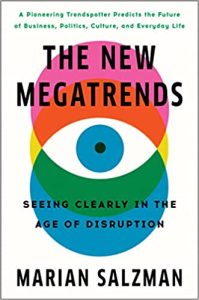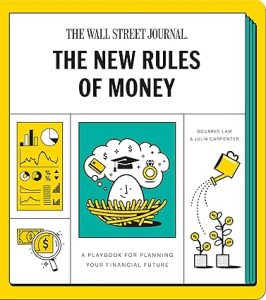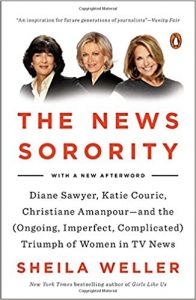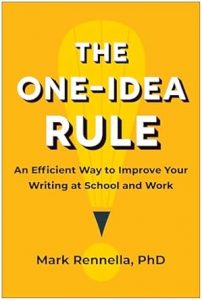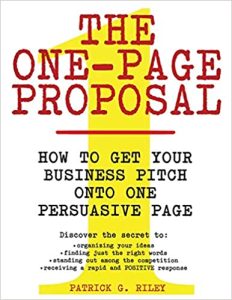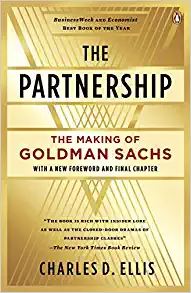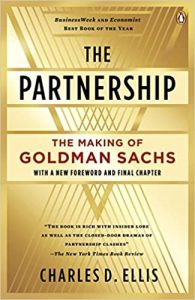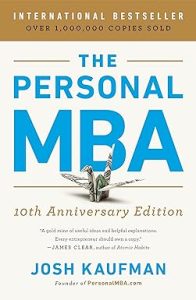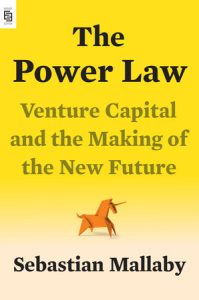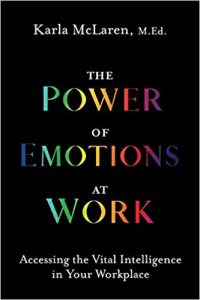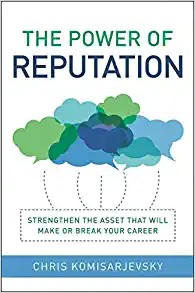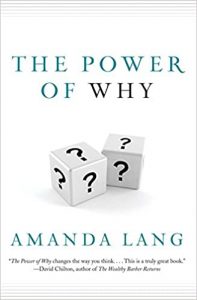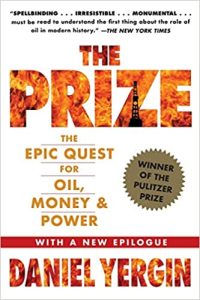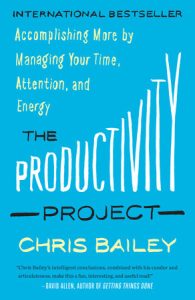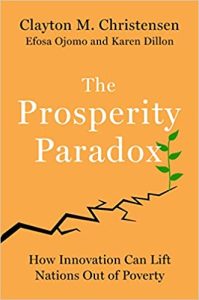The New Megatrends
₦14,000.00A little more than twenty years ago, the Y2K computer glitch threatened to bring the global economy to its knees. But instead of overnight disruption, humankind slipped into two decades of economic turmoil, ecological angst, and tribalism, all set against the backdrop of a newly global and digital civilization. Sometimes the events that seem pivotal are just blips, while the more meaningful cultural shifts are hiding in plain sight. Marian Salzman’s job is to uncover those hidden shifts.
So what’s in store for the next two decades?
In this acutely observed guide, Salzman, whose past predictions have been heralded for coming uncannily close to the way we live now, unpacks the course of human life from the bumpy turn of the millennium through the pandemic era, when chaos and “together apart” are the new normal, equity has become a battle cry, and breathing space emerged as the greatest luxury of all.
Drawing inspiration from John Naisbitt’s classic 1982 book Megatrends, Salzman then turns to the two decades ahead. Navigating deftly among geographies, she connects threads across business, civic life, consumerism, family, and entertainment, revealing the trends and developments—some established, some surprising—poised to recast our past, shape our collective future, and shift our identities.
In a world dominated by disruption, being prepared for change is a critical advantage. The New Megatrends is gripping reading for anyone seeking to understand the shape and texture of the next era, which, above all, will be marked by its relentless pace, new technology, and the ever-present threats of climate change and political division.

